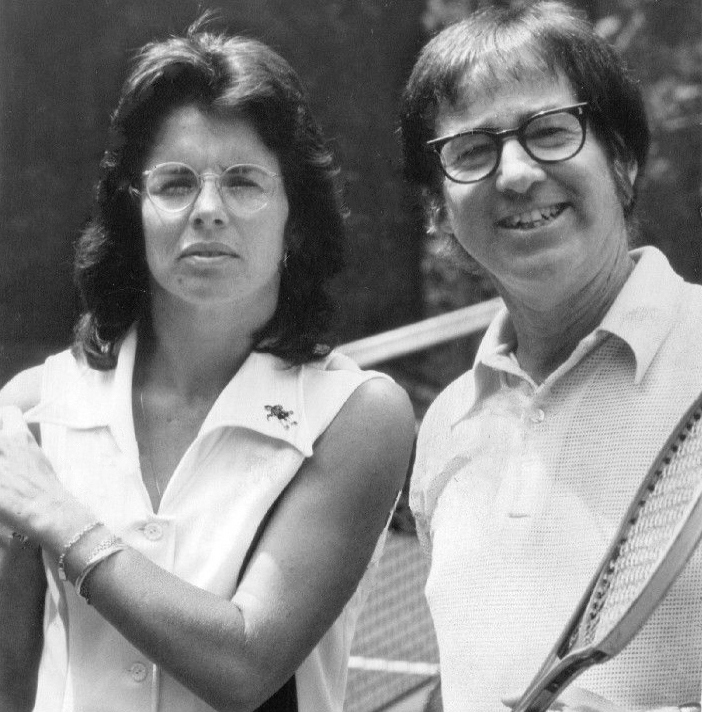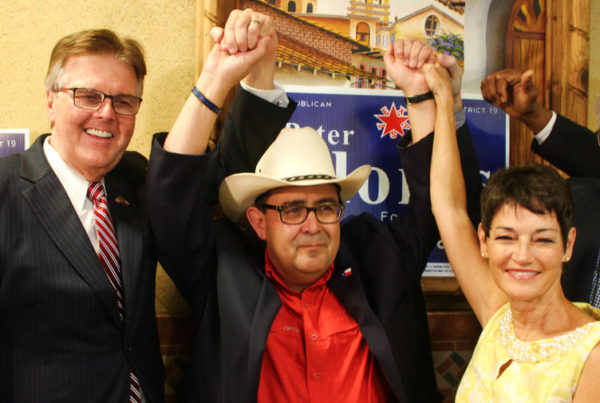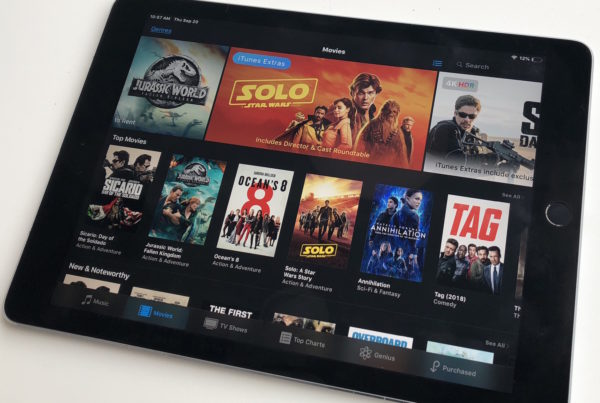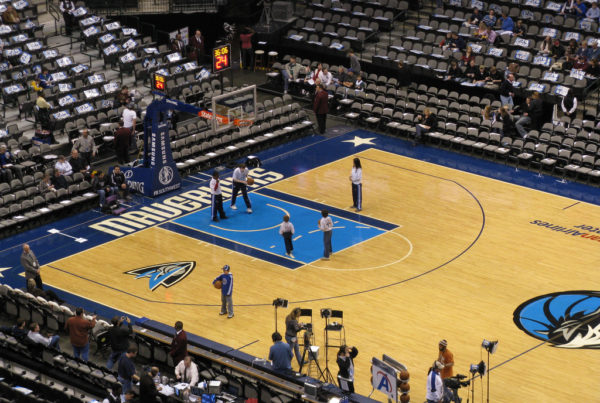It was on this day back in 1973, Billie Jean King defeated Bobby Riggs in just three sets, in the match that was billed as the “Battle of the Sexes.” King’s victory is considered a milestone in women’s tennis and an unmistakable signal of change lobbed at chauvinists everywhere.
Betsy Blaney is a producer at KTTZ Radio in Lubbock, and a former professional tennis player She was the line-caller, one of the officials judging the legendary match, which was played in the Astrodome before a national television audience.
Blaney says that in 1973, she was teaching tennis in Dallas, after moving from Wisconsin. Her boss approached her about working the iconic match between Riggs and King.
“I was in the pro shop at Brookhaven Tennis Club and my boss came up to me and asked what I was doing Thursday night,” Blaney says. “And I told him I had made plans to just watch the match on TV, and he said ‘well, how would you like to call lines on the match?’”
Blaney says the atmosphere leading up to the match was circus-like. She says the venue was filled with fans and celebrities sitting courtside, with one fan holding a sign reading, “I am a male chauvinist pig.” All of this, Blaney says, paled in comparison to the entrance made by King and Riggs.
“Both of them were carried in on these Egyptian litter-type things,” Blaney says. “Bobby Riggs was decked out in a sugar daddy-yellow jacket, and I just sort of took my seat on the single sideline and watched it all unfold around me.”
Blaney says that at some point during the match, as she was calling the single sideline, she and the service box. her vision was blocked by King, as Riggs served. She could not see to make a call.
“I covered my eyes, which is a signal to the chair umpire that I could not make a call and that he should make a call,” Blaney says. “He made no call.”
Blaney says King was unhappy with the lack of a call. 25 years later, Blaney says the Battle of The Sexes champion told Blaney she should have stood up for herself.
But during the match, King wasn’t happy.
“She came back around towards me, near the baseline and said ‘that ball was out, g**d***t,’” Blaney says.
The outcome of the match gave young girls someone to look up to, Blaney says. King’s win, Blaney says, led to opportunities being opened up for women’s sports.
“She created a field of possibility for young girls to follow their dreams,” Blaney says. “When I was 10 years old, I knew I wanted to be a professional tennis player, but there were not avenues in place at that time where that was possible.”
Written by Brooke Sjoberg .
















